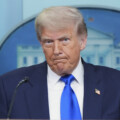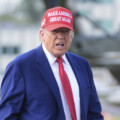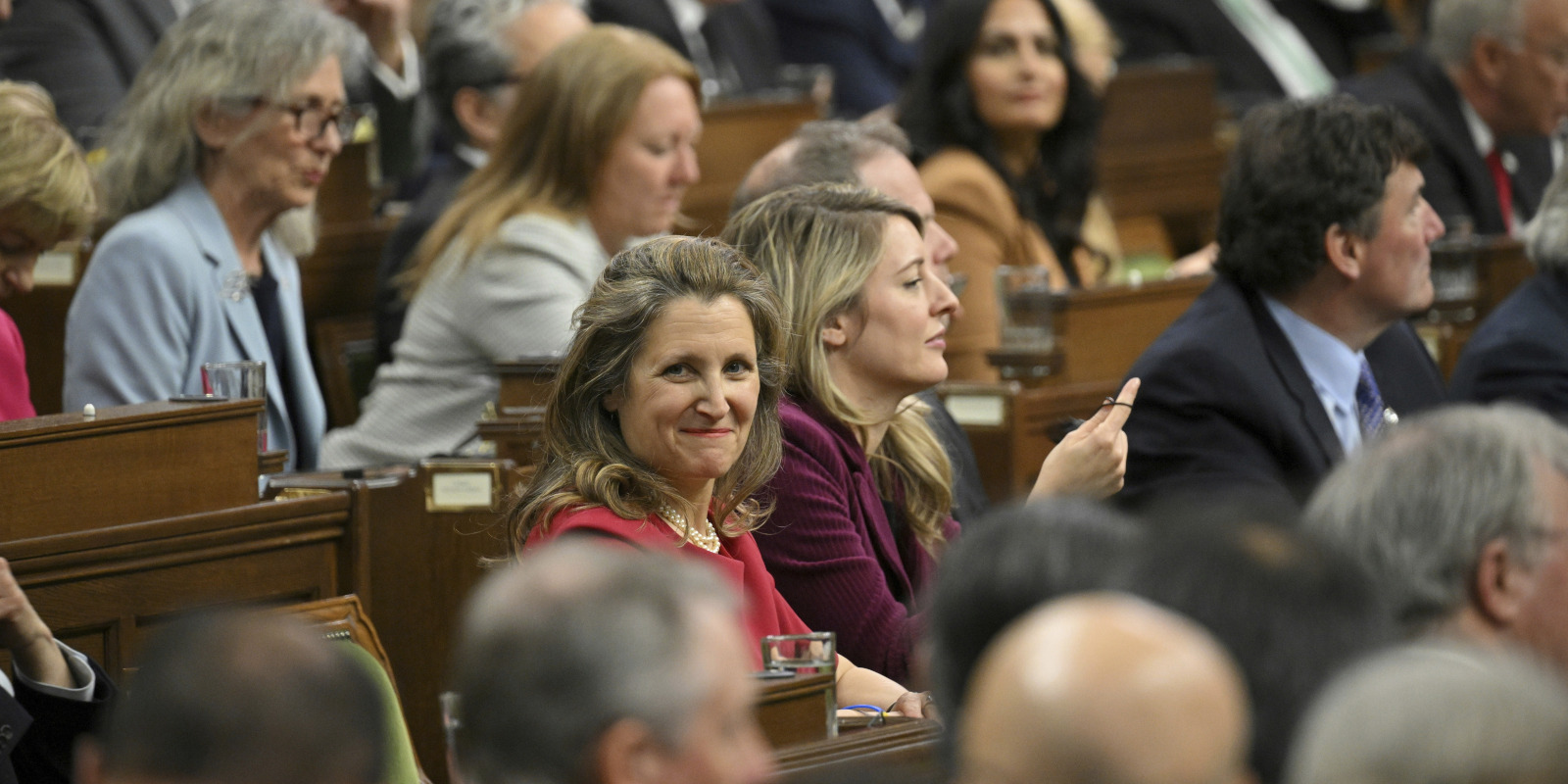As Finance Minister Chrystia Freeland prepares to unveil the federal budget today, Canadians can expect a document that is constrained by the country’s rising prices and the interest rate hikes intended to battle them.
The Liberal government has already let it slip that the budget contains “grocery rebates,” in the form of a boosted GST rebate and, in public comments, Freeland has admitted that other spending will be constrained by the current fiscal reality.
Here are a few ideas and concerns shared by think tanks and interest groups, and with varying levels of viability, for Freeland.
What’s the fiscal anchor?
One consistent feature of budgets since Prime Minister Justin Trudeau came to power in 2015 is the government’s shifting fiscal anchor.
Originally, Trudeau planned to balance the budget after running a series of deficits immediately after taking office. That plan shifted to a fiscal anchor based on shrinking the debt-to-GDP ratio over time.
The Parliamentary Budget Office expects a short-term spike in debt-to-GDP due to increases in the deficit and a slowdown in growth.
“By continually abandoning or violating its own chosen fiscal anchor, the federal government would ensure the metric becomes meaningless,” wrote Jake Fuss, the associate director of fiscal studies for the Fraser Institute.
“If the stakes holding down the tent are fragile or removed completely, the tent only needs a gust of wind to bring impending disaster,” wrote Fuss.
Beefing up Canada’s security
The Business Council of Canada urged Freeland to get serious about reining in spending, pointing out that last year’s “strategic policy review” planned to save $6 billion over five years or “a rounding error.”
“When interest rates go up faster than growth, there is no easy way out: debt financing becomes much more burdensome for taxpayers,” the council wrote.
The council also urged Freeland to pour more resources into Canada’s intelligence and security organizations to shield the private sector from state and non-state adversaries that are “constantly seeking to disrupt vital supply chains, steal intellectual property, and compromise critical infrastructure.”
“Canada cannot be the weak link in the economic security chain with our trading partners and allies,” the council wrote.
Helping Canadians save for retirement
With Canadians increasingly concerned about their financial future, the C.D. Howe Institute unveiled several recommendations designed to help workers save for retirement.
The think tank recommends increasing the amount that Canadians can contribute to their RRSPs, from 18 percent to 30 percent of income. The report also recommends boosting the age at which Canadians must stop contributing to, and start drawing down, tax-deferred savings.

Many of these policies date back to the early ’90s and don’t take into account the longer lives and careers of Canadians in 2023, the report argues.
The C.D. Howe Institute shadow budget has a number of other bold recommendations, including raising the GST two percentage points over the next two years, phasing out the tax credit for first-time homebuyers, and recalibrating immigration to emphasize skilled workers.
The Business Council of Canada made a similar recommendation on immigration, arguing that 65 percent of new permanent residents should be economic immigrants and their family members next year, rather than the current rate of 58 percent.
The think tank also recommends a corporate tax cut to keep up with recent moves by the United States.
“These lower U.S. rates not only encourage businesses to locate more of their profit generating activity in the U.S., but also provide an incentive to allocate more profit to the U.S. and less to Canada,” the shadow budget reads.
An unlikely pay freeze
There are no betting odds on the 2023 federal budget but, if there were, the longest odds might be on a Canadian Taxpayers Federation recommendation to free MP pay.
Citing a three-year pay freeze starting in 2010 in the wake of the Great Recession, the CTF argued that the current fiscal climate called for a similar gesture.
“MPs don’t need another raise from their constituents who are struggling to fill the fridge,” said Franco Terrazzano, the federal director of the Canadian Taxpayers Federation, at a news conference in Ottawa on Monday.
Recommended for You

The Notebook by Theo Argitis: Mark Carney’s first major tests

The Weekly Wrap: Trudeau left Canada in terrible fiscal shape—and now Carney’s on clean-up duty

‘Another round of trying to pull capital from Canada’: The Roundtable on Trump’s latest tariff salvo

‘We knew something was coming’: Joseph Steinberg on how Trump is ramping up his latest tariff threats against Canada



